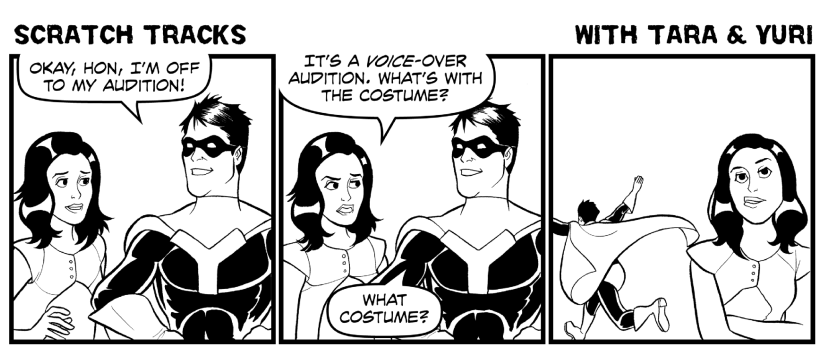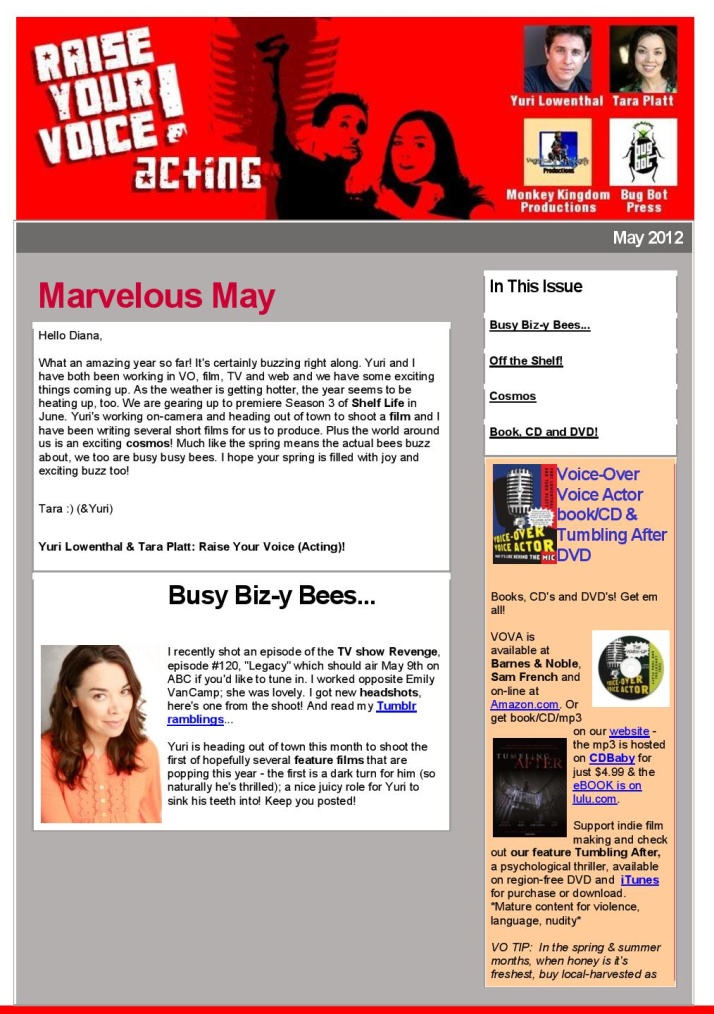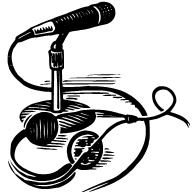 Professionalism
Professionalism
In all the excitement of a voice-over career, professionalism can be the first trait to go. We cannot stress this fact enough: you will stand out from others by being a consummate professional. And you don’t have to know anything about voice acting to act like a professional.
Do you think the most talented actors always get the job? Not if they’re difficult to work with. You’d be surprised at how often an actor will get the job just by showing up, doing the work, being a decent person to interact with, and then going on his or her merry way. Be one of these people. It doesn’t take a lot of extra effort.
Be someone who is reliable, humble, polite, talented, and available. Being professional means you show up on time (or even a little early), ready to work, and ready to learn. You don’t need to go to charm school for this, and it’ll help get you where you wanna go a lot faster, no matter how many E! Entertainment specials you see about difficult celebrities.
Key to the whole professionalism thing is always arriving on time for appointments, whether they be auditions or work. If you can, show up a little early. Once again, this simple thing will set you apart from a great many actors, and will endear you to directors, producers, clients, and casting people. They have so many other things to worry about; don’t let your being late add to that.
If for some reason you must be late (and it happens to all of us), show the proper courtesy by calling and letting the studio know. Otherwise, not only do you send a poor signal about your work ethic by not showing up on time, but you also indicate that you don’t care about their time or the time they set aside to see you.
Being on time sometimes means being early, since on time might actually make you late by someone else’s clock. If you do get there late, don’t make excuses about why you were late, how traffic sucked, how you forgot to wind your watch, or how you were attacked by ninjas. Just apologize and get down to business. Making excuses will always dig you a deeper hole, and will never get the project completed any sooner.
This maxim doesn’t apply just to Boy Scouts, and you should put it near the top of your professionalism to-do list. Do your work ahead of time: read the script, warm up your voice, and make sure you’ve thought about whatever it is you’re reading. A big pet peeve among casting people and directors is actors who show up and haven’t read the script.
Sometimes it isn’t possible for you to get the script ahead of time. In that case, do whatever is within your power to take control of the situation and get yourself mentally and physically prepared to walk into the audition, the recording session, or the meeting. Get there a little early to see if the studio has a script or sides you can look at. If something comes up at the last minute and you don’t have much time at all to prepare, give yourself a quick mental checklist, a mantra, or a power pose that’ll help center and focus you at the drop of a hat.
Most professional athletes have rituals or practices that allow them to focus and get psyched up. Come up with your own routine that you can do no matter how much time you have to prepare; or maybe create a short version to use when time is tight, and a longer, more involved routine for when you have more time. It can be as simple as crossing your fingers and saying, I am super cool. I belong here, in your head before you walk in the door. The most important thing is for your routine to be one that energizes you, focuses and grounds you, and puts you in the right headspace to walk in confident, calm, and ready to work.
Now, with all that we’ve said about preparation, don’t obsess over trying to prepare and control every little thing. Remember, there’s no way you can possibly know what’s going to happen in the room; so perhaps the most important trait of all is to be relaxed, open, flexible, and ready to roll with the punches.
Yes, being a stand-up guy goes for all you ladies, too. Basically what we’re saying is, don’t be a jerk. Sure, we all have bad days, but when you walk into the work environment for a job, meeting, or audition, keep your doom and gloom to yourself and get down to business. Seriously. We mean it. When you’re snarky and snap at your friends, you can apologize to them later. When you’re on the job, you won’t always have that chance.
You can go home afterwards and punch your pillow if you want. And who knows? If you’re lucky, your session might help you exorcise your demons. A lot of video game recording sessions are really good for that. And sure, it’s fun to gossip; but voice-over is a small town, and you never know who might be friends with whom, so you’re better off not talking trash about anyone.
May we refer you to Aretha Franklin for a moment: respect personal space, respect other people’s efforts and time, and just … R-E-S-P-E-C-T. And don’t be a jerk. Because no one wants to work with a jerk. And sure, you might say, “Well, so-and-so is a blankety-blank-blank and they work all the time,” but go ahead and trust us on this one: being a jerk will never get you anywhere. One more time, say it with us: Don’t be a jerk. Capisce?
~ ~ ~ ~ ~
This blog is an excerpt from Tara and Yuri's highly successful book,Voice Over Voice Actor: What It's Like Behind the Mic. It's a fun and helpful peek into the secret world of the Voice Actor.
Are you interested in pursuing a career in VO? Curious what goes on behind the scenes in a business where people talk funny for money? This book offers a fun and comprehensive look at what it takes, what goes on and what it’s like behind the mic from two working pros who started from scratch.
 There are several things that we think you should know before you start auditioning. One of these things is the importance of creating a strong character. We’ve noticed that the people who really succeed in this business are generally good actors first, good voice-over actors second. Strangely enough, when juggling all the balls of voice-over, one of the easiest to drop is the acting. Acting is where the most fun is, so who wants to drop that ball?
There are several things that we think you should know before you start auditioning. One of these things is the importance of creating a strong character. We’ve noticed that the people who really succeed in this business are generally good actors first, good voice-over actors second. Strangely enough, when juggling all the balls of voice-over, one of the easiest to drop is the acting. Acting is where the most fun is, so who wants to drop that ball?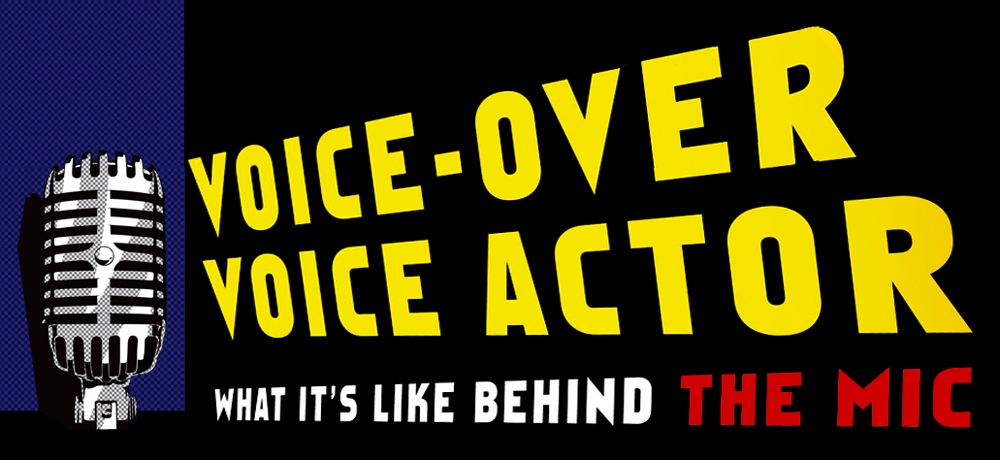
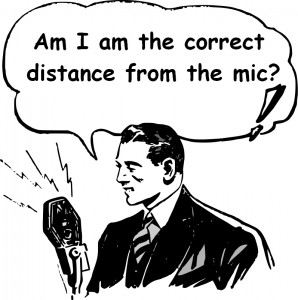


 Bold choices is a catch-all phrase when it comes to acting. They make such bold choices. You need to make bolder choices. I loved his bold choice. So then the question is: How do I make those kinds of choices?
Bold choices is a catch-all phrase when it comes to acting. They make such bold choices. You need to make bolder choices. I loved his bold choice. So then the question is: How do I make those kinds of choices?






